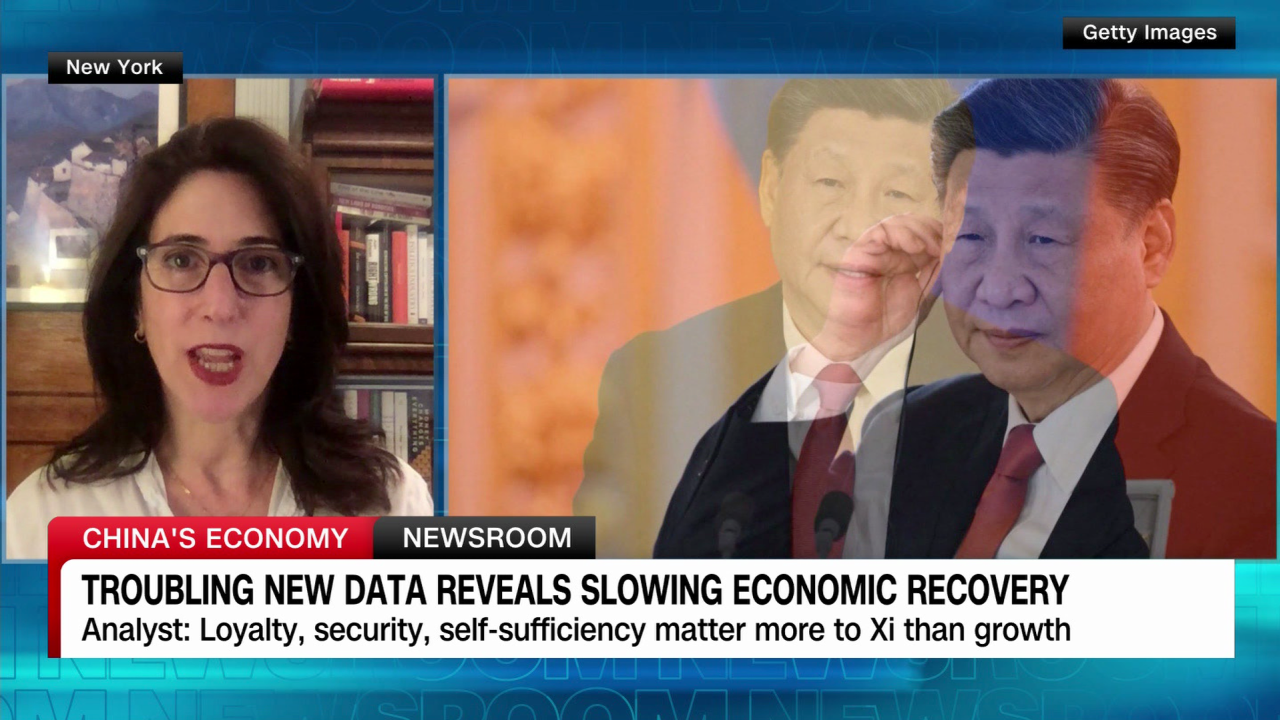China has promised to throw its weight behind private businesses, just days after a slew of economic data showed growth momentum had slumped.
The ruling Communist Party and the State Council, the cabinet, issued a policy document on state media late on Wednesday detailing a list of measures intended to make private businesses “bigger, better and stronger.”
“The private economy is a new force to promote Chinese-style modernization, an important foundation for high-quality development, and an important force to promote China’s comprehensive building of a socialist modern power,” it said.
The measures include promises to break down barriers to market access for private firms, to “fully implement” a system of fair competition and to strengthen enforcement of anti-monopoly laws.
The document is the latest sign of the country’s recent pro-business pivot, which started late last year. Its effectiveness will depend on how policies are executed, according to analysts.
“We believe that the … pivot from the top level is real, but it’s not enough to bring back the animal spirit among private companies,” Larry Hu, chief China economist at Macquarie Group, wrote in a research note.
“Looking ahead, policymakers have to double down on two fronts: sending out stronger signals to private companies and making the recovery stronger and more sustainable.”
In December, Beijing said it would go all out in 2023 to save its Covid-hit economy by boosting consumption and loosening control over private industry, including the struggling technology and property sectors.
That pledge had marked a major shift from leader Xi Jinping’s years-long effort to rein in private businesses, which were perceived as too powerful and disorderly.
Their support is now crucial as China struggles to fire up its struggling economy. On Monday, official data showed growth continued to lose steam in the April to June months, prompting urgent calls by economists for more stimulus from Beijing.
Tepid investment, record youth unemployment
Private businesses, the backbone of the economy and the biggest source of employment, have been hesitant to hire or make new investments, in part because of the regulatory crackdown which began in late 2020.
Investment in fixed assets like roads and infrastructure from the private sector shrank 0.2% in the first half of 2023, compared with the same period a year ago.
Youth unemployment hit another record high. The jobless rate for those ages 16 to 24 reached 21.3% in last month, breaking the previous record of 20.8% set in May.
In an effort to rally the private sector, Premier Li Qiang met with executives from major internet firms including Alibaba Group (BABA), Bytedance and PDD (PDD) last week.
Li praised them as “trailblazers” and urged all levels of government to step up policy support for them, in an echo of the just released policy document.
Pony Ma, the low-key chief executive of Tencent (TCEHY), published an opinion piece in state media praising the measures after they were circulated. Lei Jun, founder and chief executive of Xiaomi, was quoted as supporting them.
The news boosted shares in Chinese companies listed in New York on Wednesday. The Nasdaq Golden Dragon China Index closed 0.7% higher, after falling in several previous trading sessions.
But the gains failed to carry over to stock markets in Hong Kong and Shanghai, which were trading largely flat on Thursday.






